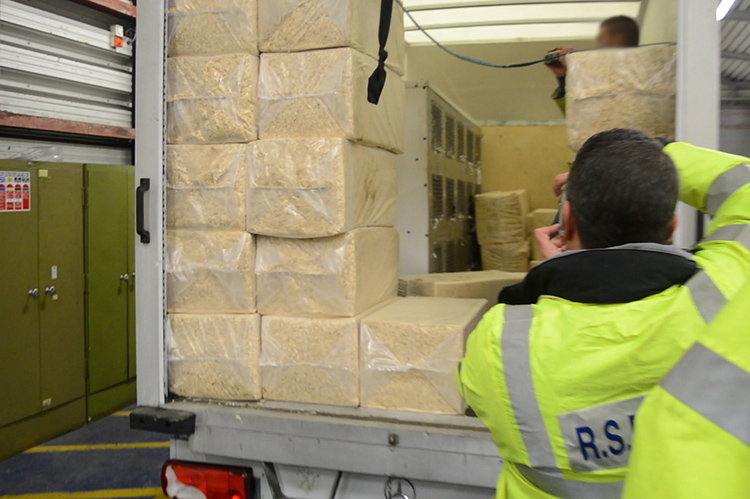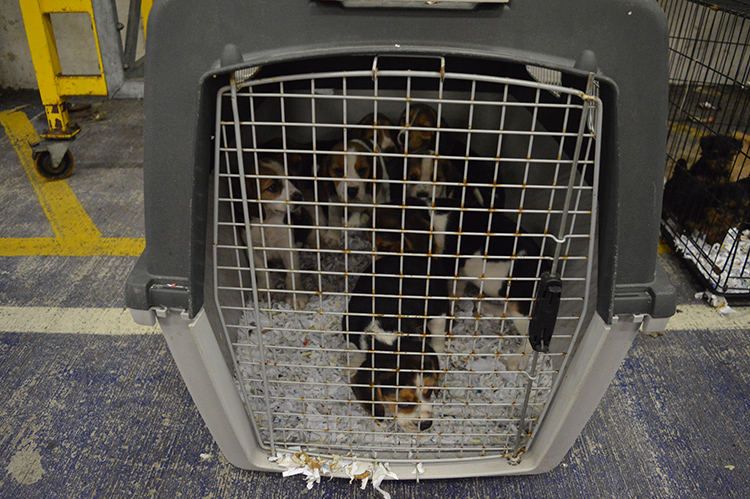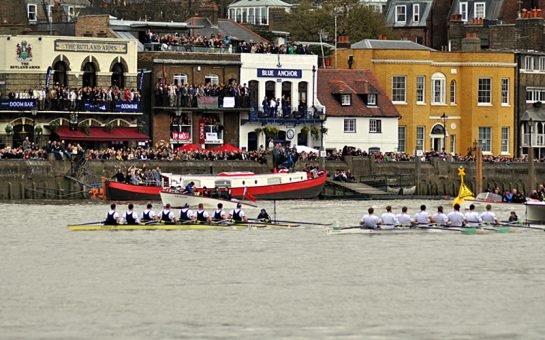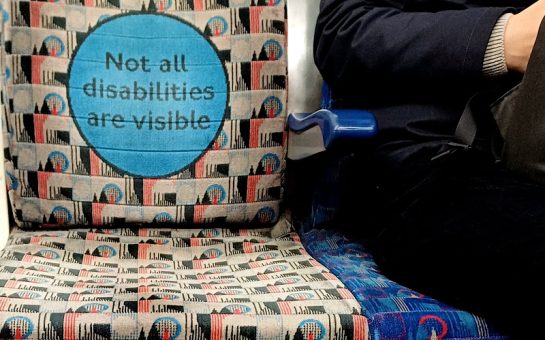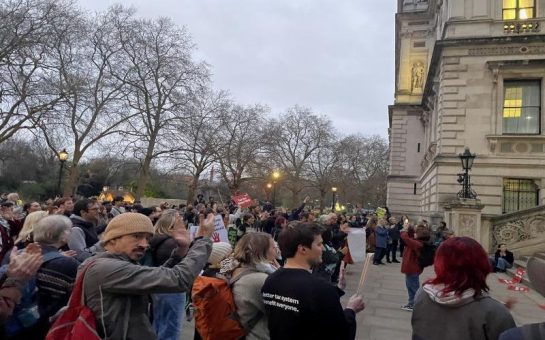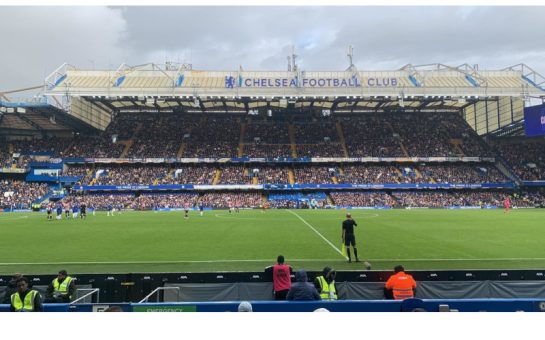Reports of unlicensed animal breeders sky-rocketed during the pandemic, soaring by 200% from 2019 to 2020.
Freedom of Information Requests (FOIs) revealed individual reports made to London councils almost quadrupled from 32 to 107.
This comes as NatureWatch Foundation, who work to end animal cruelty and improve welfare standards, demand the creation of a licensed breeders register in England, fearing the current system allows rogue dealers to slip under the radar.
NatureWatch Animal Crime Manager Andrew Swinburne said: “A national register is the only way that we will entice the public to use licensed breeders, through raising a huge amount of awareness, like a smoking campaign or drink-drive campaign.
“It’s so easy now for the public to go online, punch in whatever breed they want, and here it comes.
“Dogs are seen as just another commodity for sale online, and you enter a world of one or two genuine breeders, but a lot of rogue dealers.
“I’ve spent many 40 years in crime, but you’re never too old to be shocked about what is going on and the misery that is caused to the animals and the victims of puppy farming.”
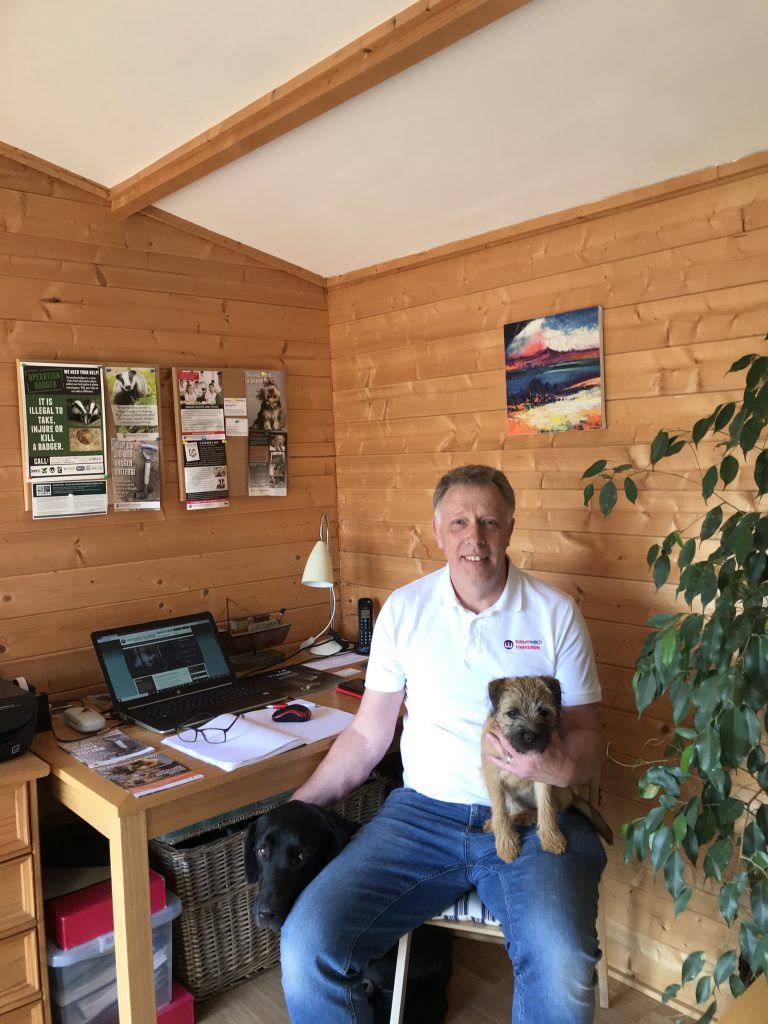
By law, people who breed and sell three litters or more a year are required to have a license for dog breeding, issued by their local authority who inspect potential breeders’ homes.
Illegal and unlicensed breeders often keep puppies in very poor conditions, confined to small and cramped spaces, and deprived of fresh water and important healthcare like vaccines or treatment for fleas, according to vet charity PDSA.
An investigation by SWLondoner showed almost half of London councils received more reports of unlicensed animal breeders in 2020 than the previous year.
The figures come from data provided by 28 of London’s 33 boroughs, as Havering, Islington, Lambeth, Merton and Tower Hamlets failed to respond.
Bexley in south east London had no reports in 2019 but received 15 the following year, and reports to Bromley council increased six-fold, from four reports to 25.
However, Swinburne explained the challenges of working with hundreds of local authorities across the UK responsible for licensing, who all regulate and monitor breeding differently.
A number of councils also responded to the FOI request outlining difficulties they face in investigating complaints, citing COVID-19 restrictions, but also stressing they couldn’t close down illegal breeders or revoke licenses.
The former policeman said: “We need better enforcement powers and better training for local authorities who have been given this enormous challenge, which they’re quite ill-prepared for in many cases.
“And sometimes they’re juggling five different jobs as well as being responsible for licensing and investigation of illegal puppy farming.
“We’ve found that rogue dealers have taken advantage of COVID this year, and it’s made the enforcement side beyond ourselves very difficult and quite varied in what the councils have been able to do.”
RSPCA Head of Companion Animal Science & Policy Dr Sam Gaines explained the demand for new pets during lockdown outweighed the number of puppies available in the UK, leading to a sharp rise in illegal breeding.
She said: “There are people out there who are taking advantage of the knowledge that people really, really want puppies at this moment in time.”
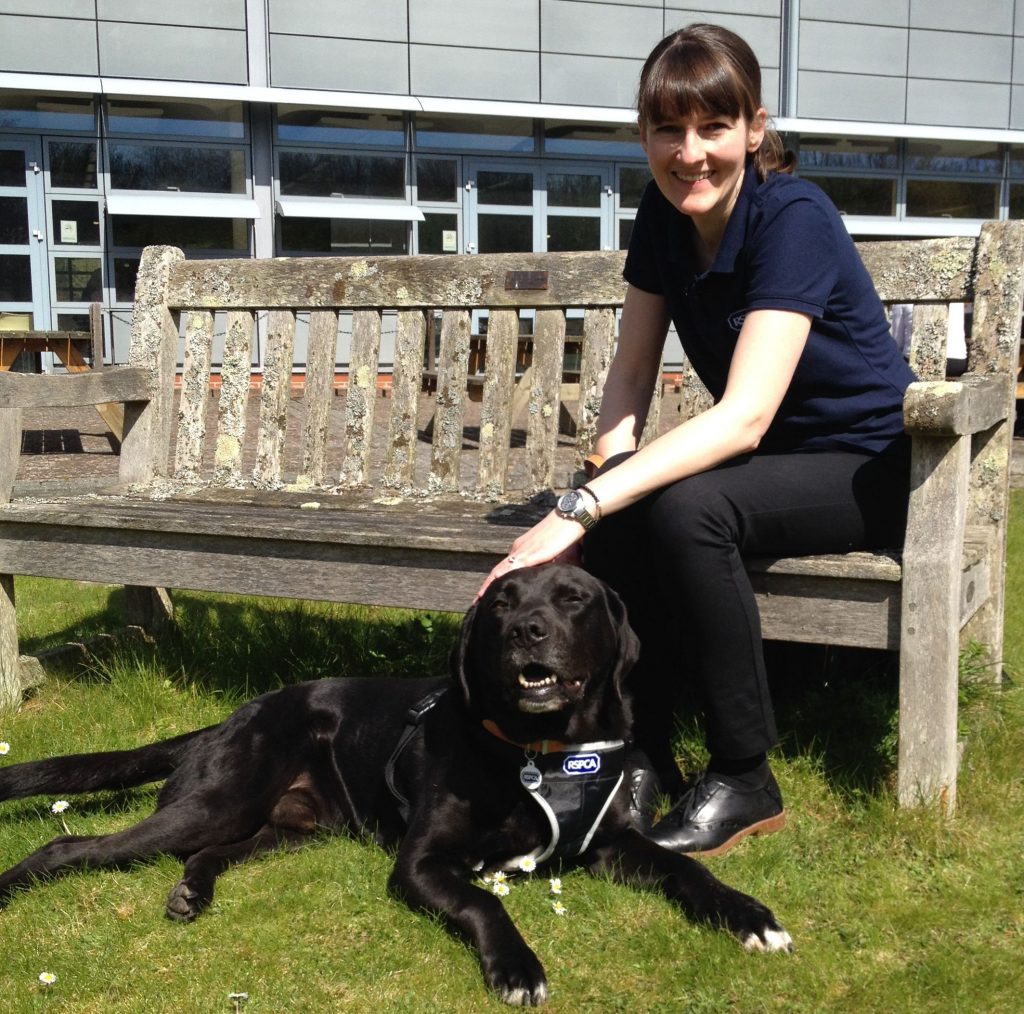
Credit: Dr Sam Gaines
The dog welfare expert explained the serious consequences for dogs bred in poor conditions, including health and behavioural issues.
“We need to be breeding puppies from really healthy, happy mums to give puppies the best chance at being really healthy, happy dogs,” Dr Gaines added.
“That’s why there’s such a big push now to try and make sure that there’s much, much tighter enforcement around the breeding regulations that already exist, so that we’re giving dogs the best possible chance.”
The Kennel Club Assured Breeders is currently the UK’s only scheme monitoring breeders, but there is an annual membership cost and only a small percentage of breeders are accredited.
The Assured Puppy Breeders Scheme is a free, voluntary national breeder register being trialled in Scotland by the Scottish SPCA to help buyers easily purchase puppies from responsible breeders.
“Getting breeders registered is the only solution to stopping the heartache caused by criminals to ordinary members of of public and families across Britain,” Swinburne added.
Feature image credit: RSPCA
